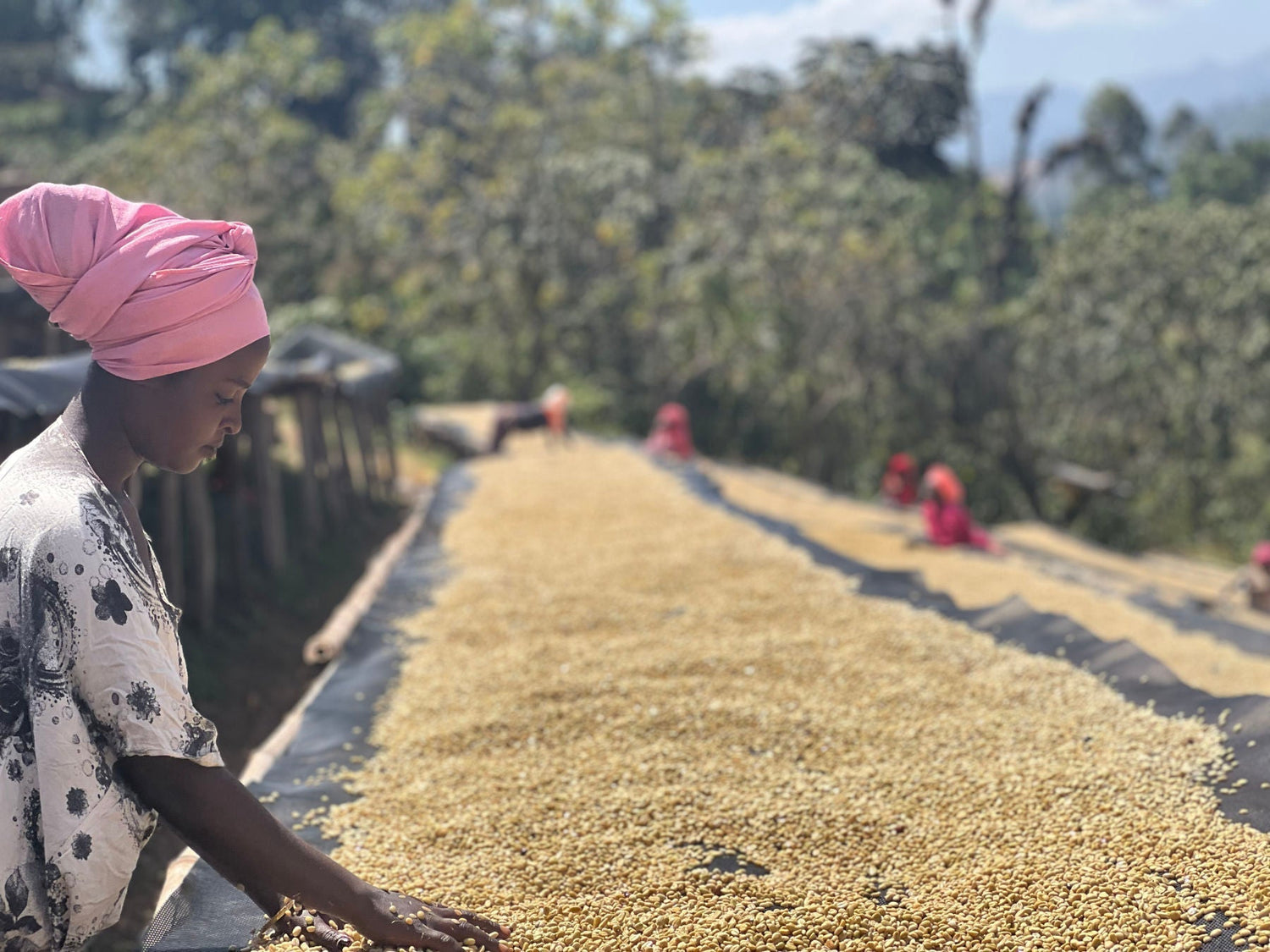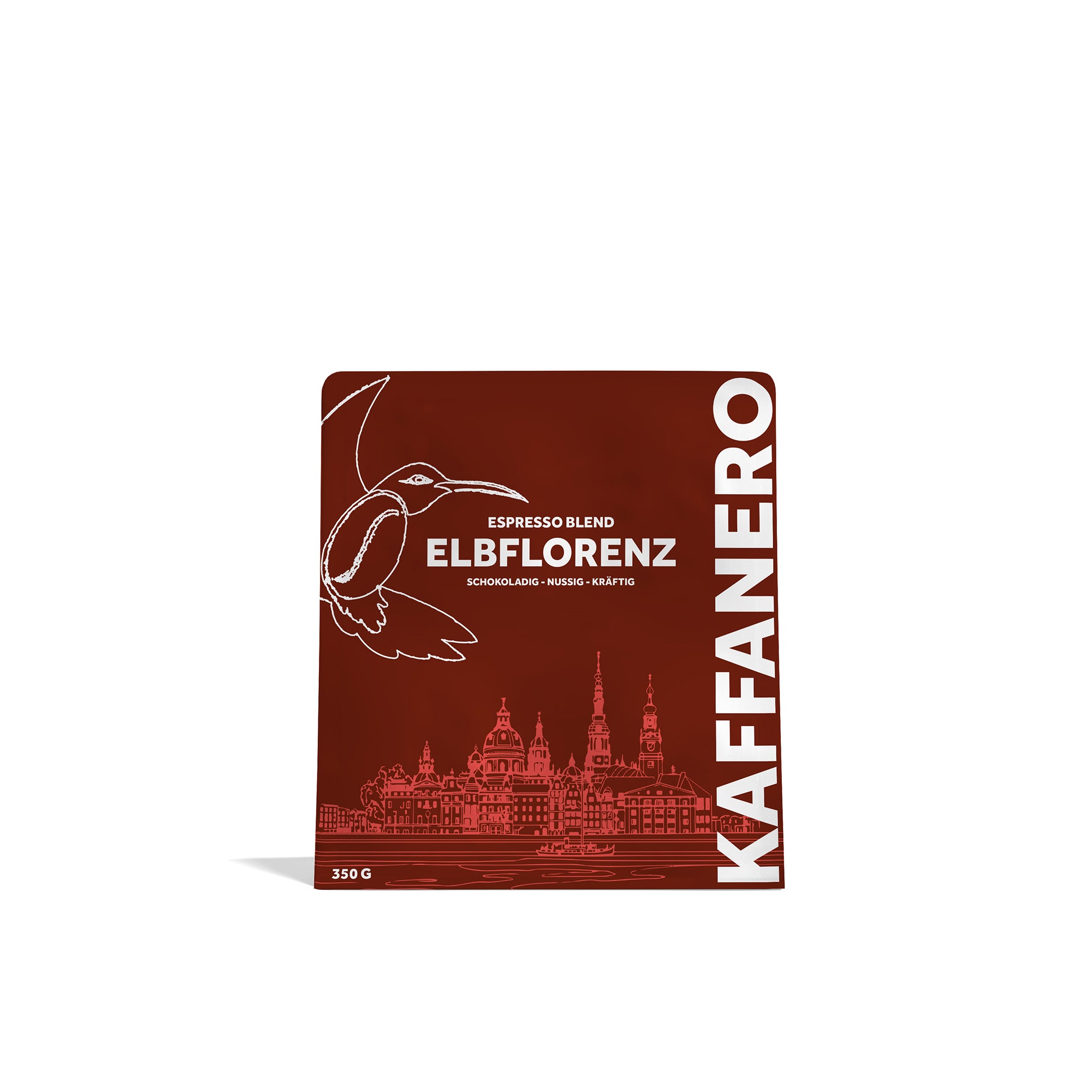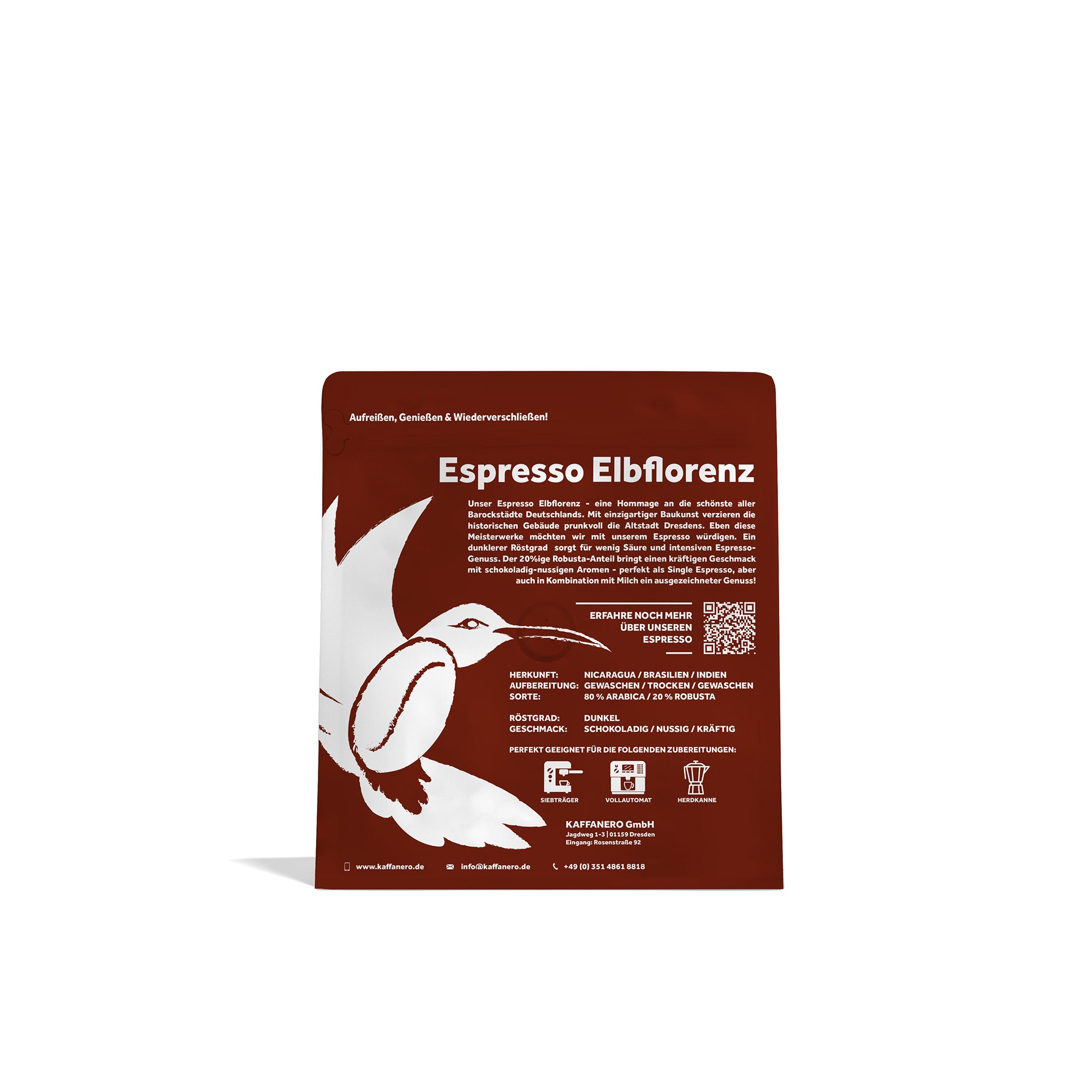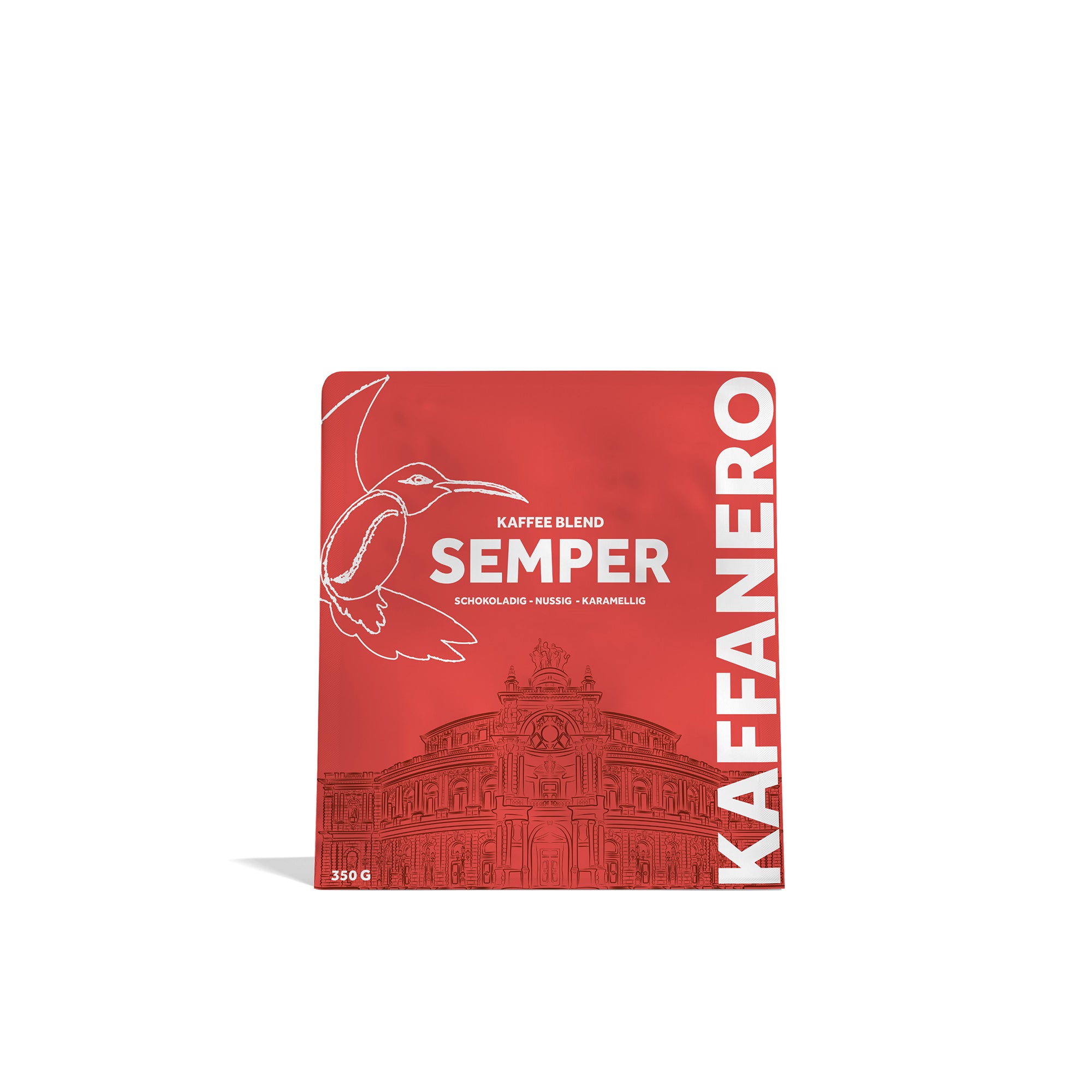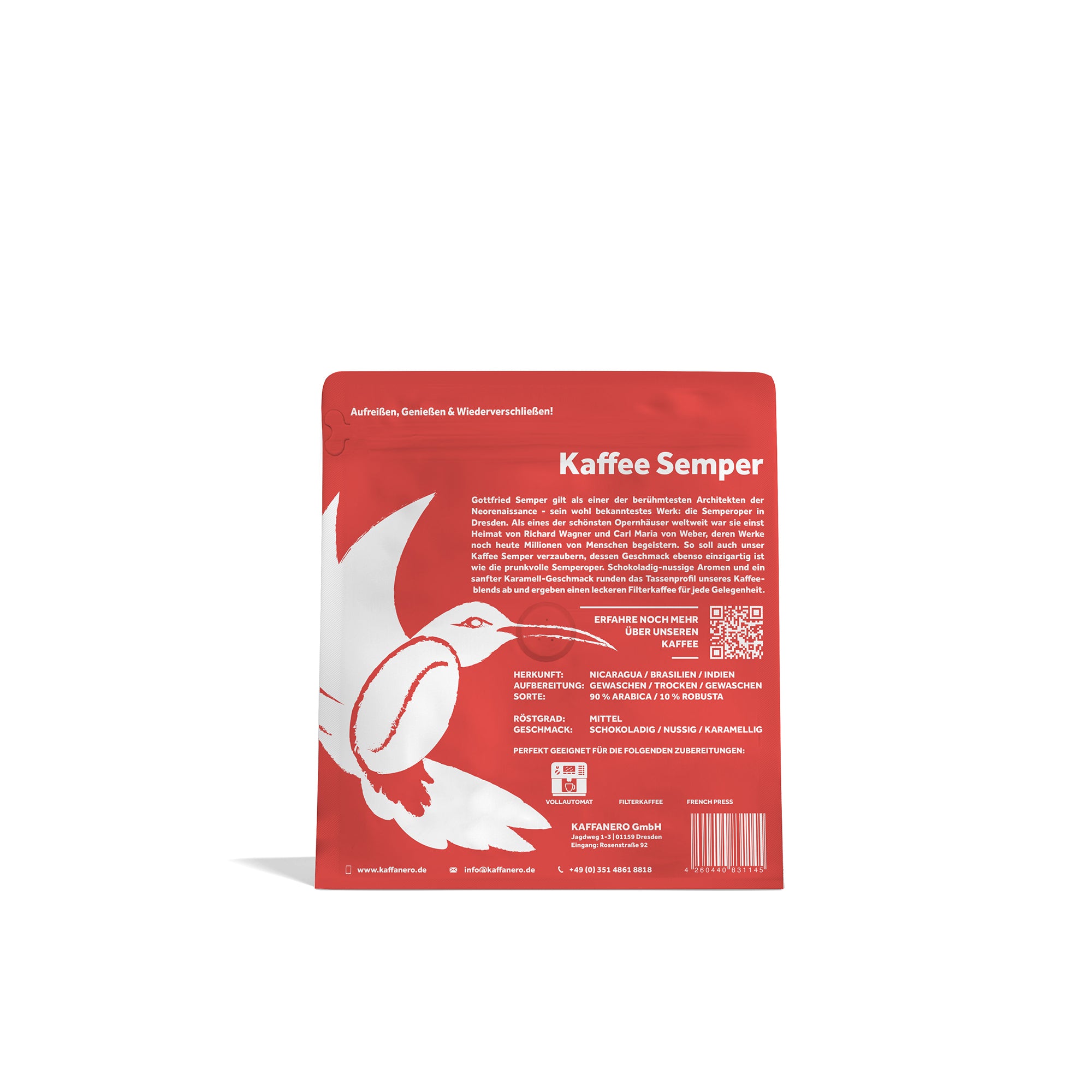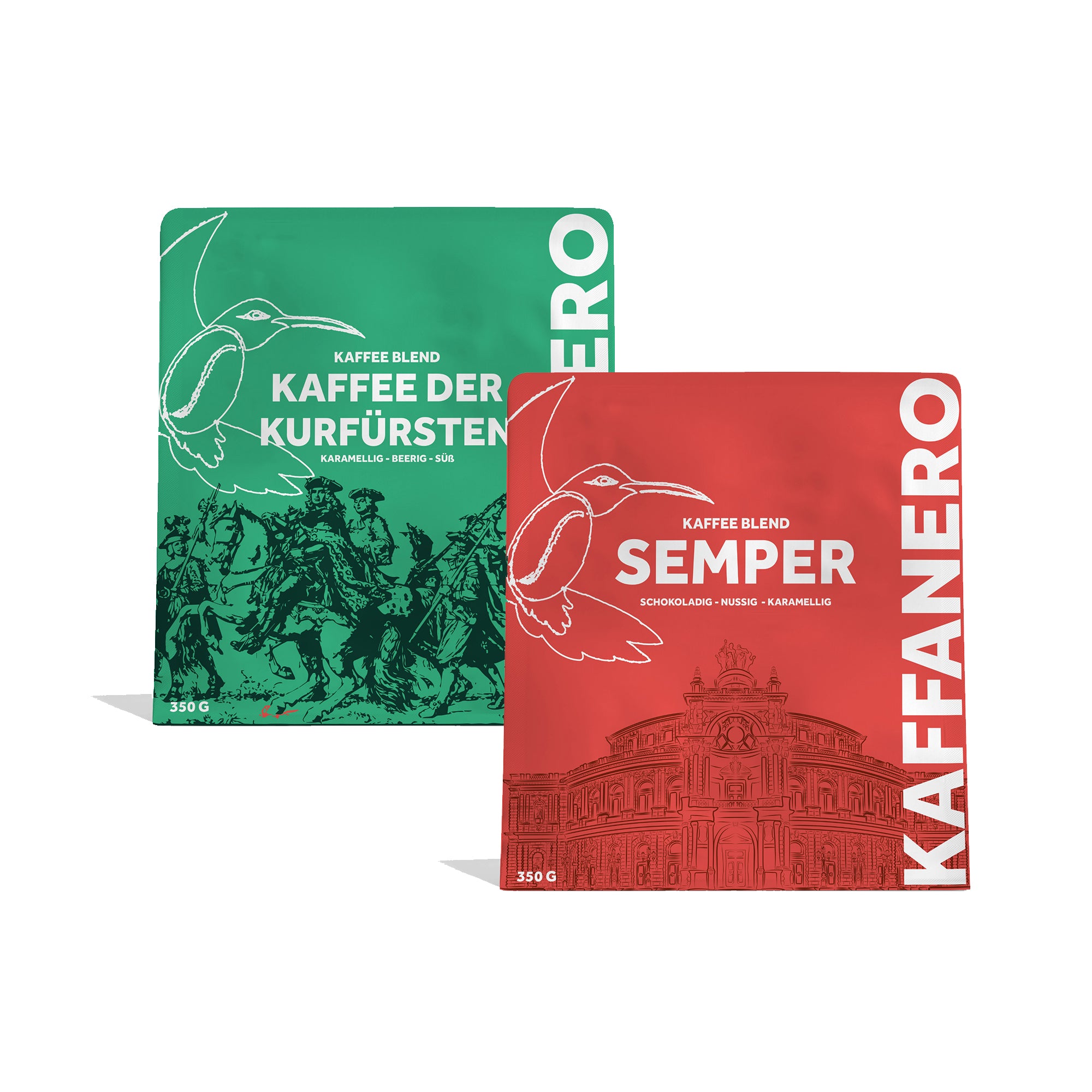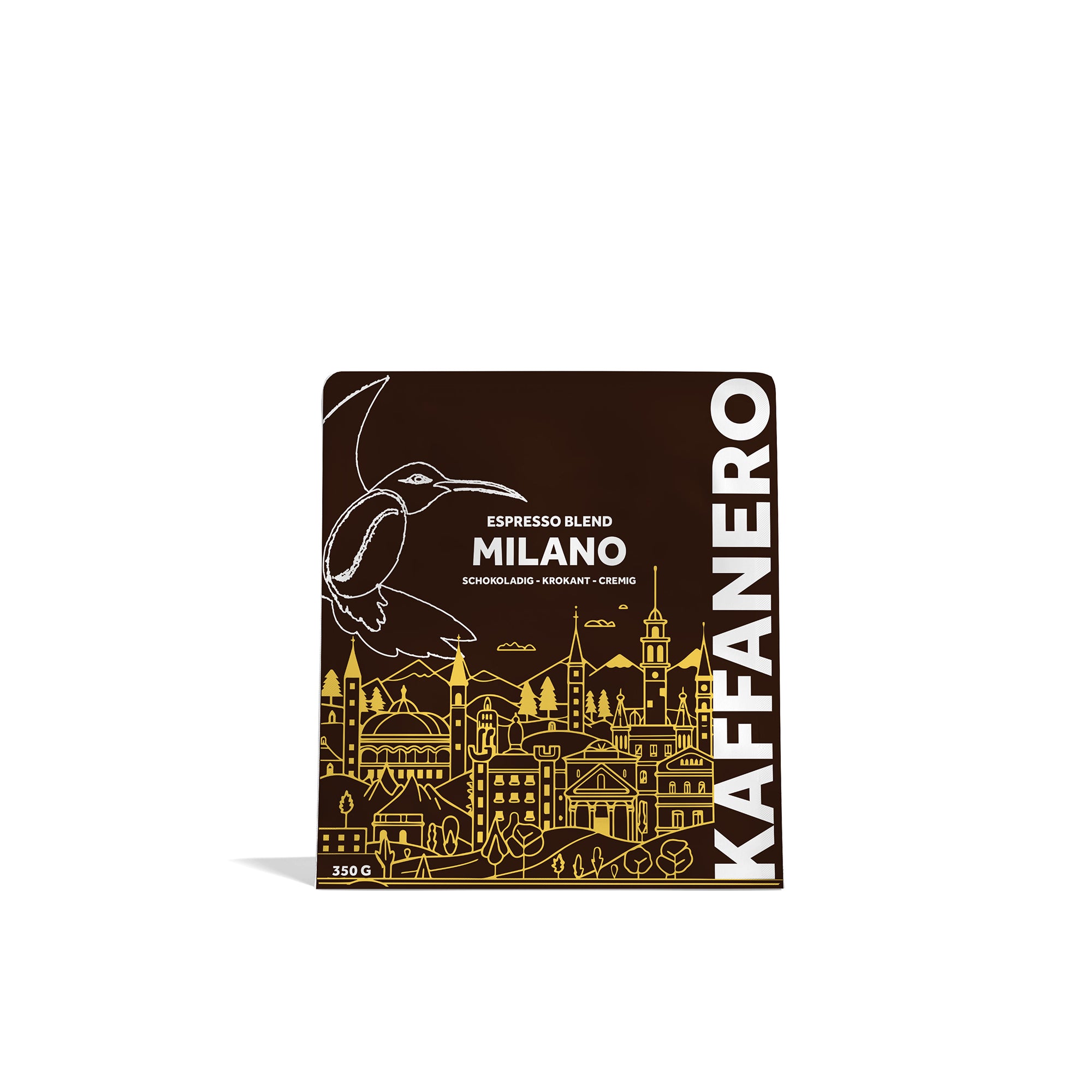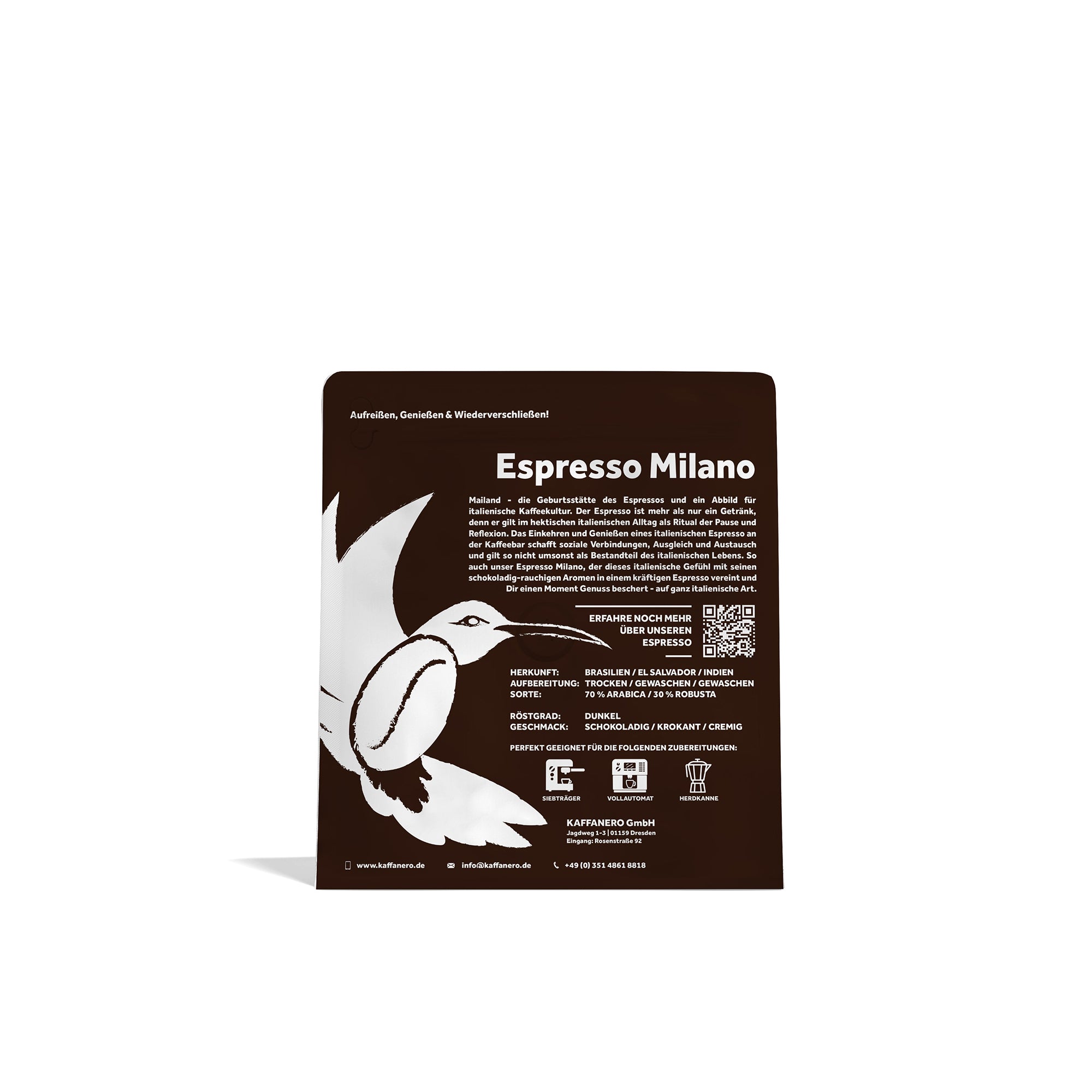Introduction: Why we need to talk about Direct Trade
Coffee is the world's second most important commodity after oil – a billion-dollar market that relies on an often opaque, exploitative supply chain. While the retail price of a cup of coffee in Europe or North America is between €3 and €5, many coffee farmers in the countries of origin earn only cents per kilogram of green coffee. Conventional trade models are characterized by price speculation, middlemen, and structural inequality.
Direct trade is an alternative approach that addresses precisely this imbalance. But what exactly does direct trade mean – and can this model truly guarantee fair trade?
1. What is Direct Trade? A precise definition
Direct trade describes a form of coffee trade in which roasters work directly with producers in the coffee-growing countries—without going through importers, exporters, or green coffee traders. The goal is to build a transparent, long-term, and cooperative relationship from which both sides benefit economically and culturally.
Historical development
The term emerged in the wake of the third-wave coffee movement in the early 2000s—particularly through pioneering roasters such as Intelligentsia (USA), Counter Culture Coffee (USA), and Coffee Collective (Denmark). These companies consciously sought to differentiate themselves from the mass market while simultaneously establishing social and ecological standards without relying on certification systems such as Fairtrade.
2. Differentiation from other trading models
|
Model |
Direct contact |
Minimum price guarantee |
Certification |
focus |
|
Direct Trade |
✅ |
❌ |
❌ (voluntary disclosure) |
Quality, transparency |
|
Fairtrade |
❌ |
✅ |
✅ |
Stability, base price |
|
organic coffee |
❌ |
❌ |
✅ |
ecology |
|
Conventional |
❌ |
❌ |
❌ |
Cost reduction |
While Fairtrade relies on guaranteed minimum prices and cooperative models, Direct Trade rewards individual quality. However, responsibility for ethical conduct lies entirely with the roasters themselves – including monitoring, documentation, and communication.
3. The core principles of Direct Trade

transparency
A key feature: every step of the value chain is openly communicated. Who grew the coffee? When was it harvested? At what price was it purchased? Good DirectTrade roasters voluntarily provide this information – on packaging, websites, or QR codes.
Direct, long-term relationships
DirectTrade is based on personal interaction. The roasters know "their" farmers, visit them regularly, and build relationships that go beyond purchasing. This creates trust and planning security on both sides.
Pricing above market level
Instead of standardized minimum prices like the Fairtrade model, DirectTrade pays quality-based premiums that are often 30%–300% above the world market price . The decisive factor is sensory quality, assessed according to SCA (Specialty Coffee Association) guidelines.
Sustainability in three parts
-
Ecological: Promoting biodynamic or shade-based crop cultivation methods.
-
Economically: Fair prices, investments in infrastructure and production security.
-
Social: training, access to markets, gender equality.
4. Advantages in detail
Benefits for producers
Reliable income from regular customers
Direct trade establishes long-term relationships between producers and roasters. These partnerships not only guarantee recurring orders but also enable better financial planning and investment security for the farmers. Especially in an industry characterized by extreme price fluctuations, direct trade represents a rare constant.
Access to knowledge (agronomy, fermentation, variety development)
Direct trade means more than just selling green coffee—it's also a transfer of knowledge. Many roasters support their partner farms by advising on cultivation, harvesting, and processing processes. Modern methods such as experimental fermentations or the targeted selection of varieties for specific climatic conditions are thus directly communicated, enabling producers to sustainably increase their yields and quality.
Appreciation at eye level: No more anonymous merchandise
In conventional trade, the origin of the coffee disappears behind mass processing. Direct trade, on the other hand, puts the farmers at the center: Their stories are told, their work is made visible, and their names are mentioned. This individual recognition strengthens the self-confidence of the producers and enhances their social value.

Advantages for roasters
Exclusive micro lots that are only available from them
Direct trade roasters have access to unique micro-lots produced specifically for them. These exclusive coffees—often from a single plot, sometimes even from just a few trees—allow them to offer special flavor profiles that would otherwise be unavailable on the global market.
Product differentiation through origin stories and quality
In a rapidly growing specialty market, differentiation is becoming key. Direct trade allows roasters to communicate not only the sensory quality but also the story behind the product: Where does the coffee come from? Who grew it? How was it processed? These narratives create emotional connections between consumers and between consumers and brands.
Brand building through storytelling and proximity to production
The direct connection to the producers provides roasters with authentic material for their brand communication: reports, farm visits, interviews, and harvest stories. This creates a level of credibility that pure marketing messages cannot achieve and clearly differentiates the brand from the competition.
Benefits for consumers
Insight into the origin: Often with videos, photos, interviews
Those who buy direct trade coffee not only receive a product, but also transparency. Many roasters document their relationships through high-quality reports,
Video interviews and photo series: These insights bring the complex journey of coffee from field to cup to life.
Significantly better cup quality
Coffees purchased through direct trade relationships are often subject to stricter selection criteria and more intensive quality control than conventionally traded coffee. The result is more complex aromas, more intense freshness, and an overall significantly higher cup quality that will delight even the most discerning coffee lovers.
Ethically traceable consumption
At a time when consumers increasingly value sustainable and fair products, direct trade offers a real alternative to anonymous mass-produced goods. Those who choose direct trade coffee can consume with a clear conscience: Every cup supports the producers and promotes a fairer global value chain.

5. Challenges and criticism
No control, no standards
There is no standard definition or certification for direct trade. Theoretically, any roaster can use the term without backing it up with actual actions. This opens the door to marketing without substance .
High costs for roasters
Direct purchasing means travel, interpreters, contract drafting, quality assurance, logistics, and customs clearance – all of this must be organized in-house. This is time-consuming and costly , and therefore not feasible for every roastery.
Exclusion of marginalized producers
DirectTrade focuses on quality. Those who cannot grow high-quality coffee—for example, due to geographical or climatic constraints—are excluded. This creates new mechanisms of exclusion.
6. Practical examples
Coffee Circle (Berlin)
Direct procurement from Ethiopia, Uganda, and Colombia. Price breakdown publicly available. Invests €1 per kilo sold in social projects.
Elbgold (Hamburg)
Visit all farms personally, value biodiversity and produce in a climate-neutral manner.
Five Elephant (Berlin)
Transparent publication of all purchasing data, including FOB (free on board) prices. Close collaboration with farms in Rwanda and Colombia.
7. What consumers should pay attention to
Not everything that sounds like direct trade is credible. These questions will help you when shopping:
-
Are the producers named?
-
Is there any information about cultivation height, harvest time, variety?
-
Is the price of green coffee public or at least available upon request?
-
Are stories being told – or are only marketing slogans being used?
Tip: Scan QR codes on packaging or check the roastery's website – good providers don't hide their information.
8. Our understanding of Direct Trade at Kaffanero
Who we are
At Kaffanero , we stand for high-quality specialty coffee, artisanal perfection, and transparent, respectful trade on equal terms. Since our founding, we have consistently pursued the goal of purchasing outstanding coffee quality directly from coffee farmers.

How we live Direct Trade
For us, direct trade is n't just a marketing term, but a lived practice. We consciously avoid anonymous commodity exchanges and instead trade directly with selected farms and cooperatives in Brazil, Ethiopia, Colombia, and other countries of origin. We currently manage to do this for about 70% of our coffees - for those coffees where we cannot do this, we are happy to name the importer and dealer we trust.
Our direct trade partnerships are based on four clear principles:
-
Personal relationships: We regularly visit our partner farms on site, speak directly with the producers and develop new projects together.
-
Transparency: Every Kaffanero coffee contains precise information about its origin, altitude, variety, and harvest time. Our goal is to ensure you know exactly where your coffee comes from.
-
Fair compensation: Quality deserves recognition. We pay our partners prices that are well above the global market level – adjusted for the sensory quality and the effort involved in production.
-
Sustainable development: Together with our partners, we invest in infrastructure, training, and sustainable cultivation methods without incurring additional certification costs.
Why we rely on our own standards
Certifications like Fairtrade or organic are undoubtedly important. But in our view, they often fall short or burden producers with high fees.
That's why we rely on our own verifiable standards , direct communication and cooperative development – instead of seals that don't always keep their promises.
Our responsibility
We recognize that direct trade—as we practice it—also has its limitations. Specialty coffee is a niche market, and not all producers have access to the resources required for top-quality coffee.
That's why we see our work as a contribution: We want to show that trade on equal terms is possible – honest, transparent and fair.
Our promise
When you buy coffee from Kaffanero, you not only get outstanding taste, but you also support a vision of direct collaboration, respect, and true value creation for all involved.
Conclusion: More than just a trend?
Direct trade is not a certificate, but a promise – and as with any promise, it depends on the credibility of the other party. Reputable roasters demonstrate through transparency, fairness, and quality that this model can work. At the same time, it requires a responsible consumer base that asks questions and is willing to pay more for quality and ethics.
Direct Trade is not perfect – but:
It's a bold, practical attempt to make global trade fairer. And that's precisely why it deserves our attention.

